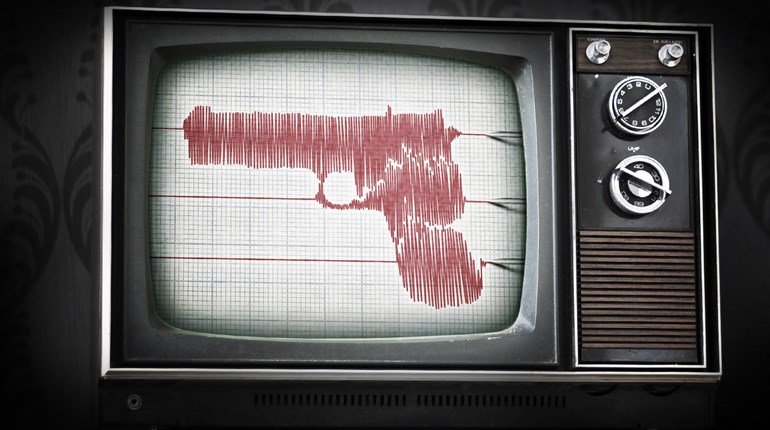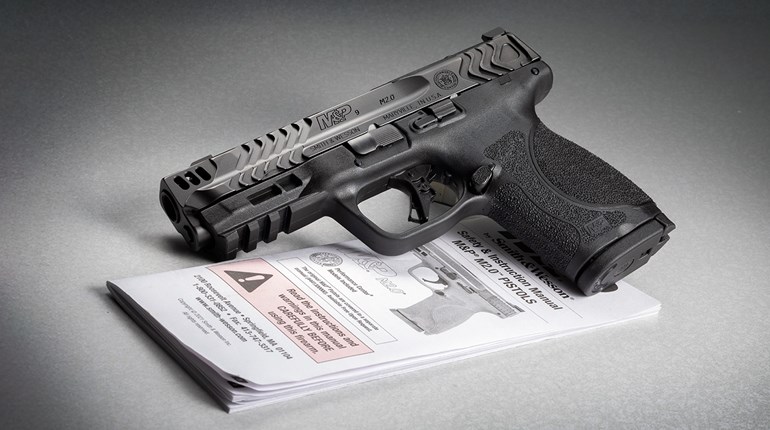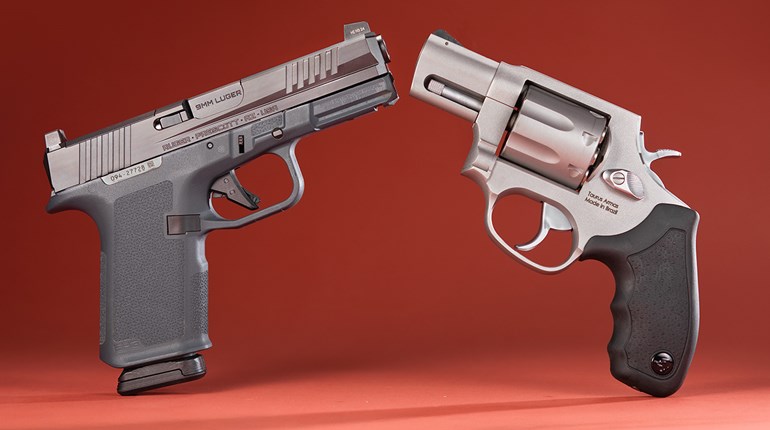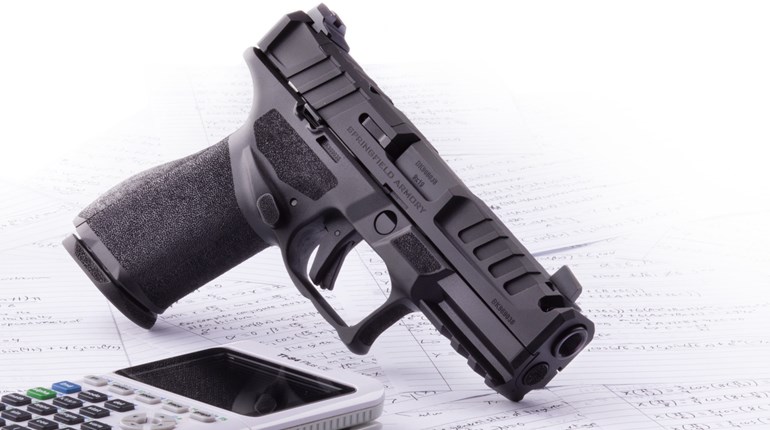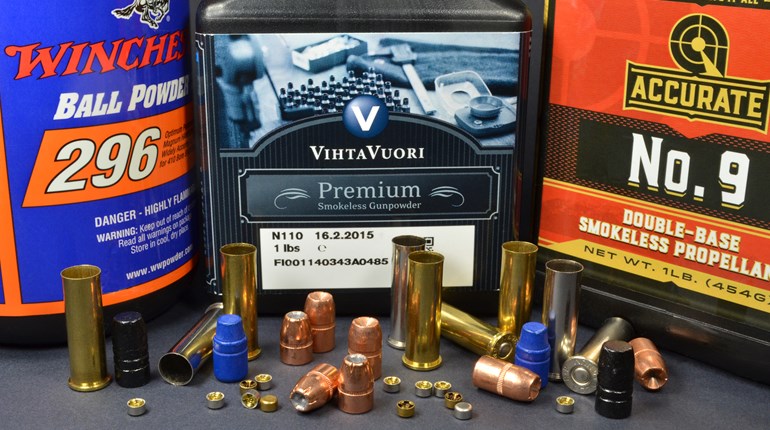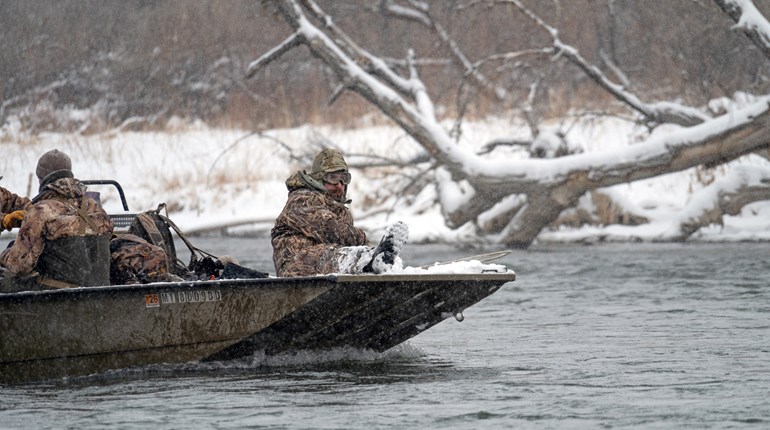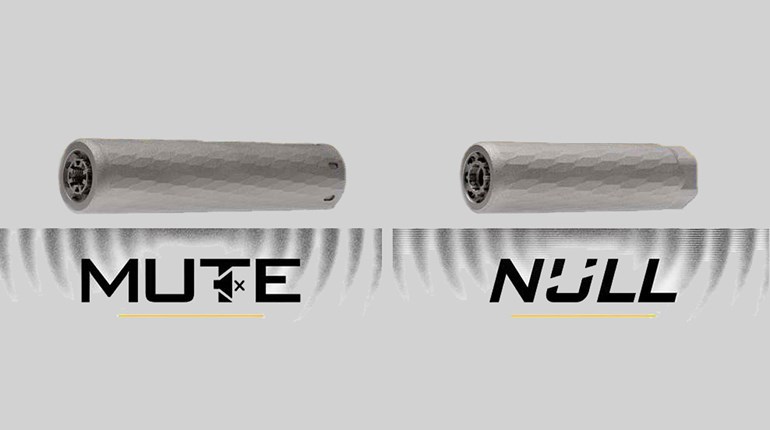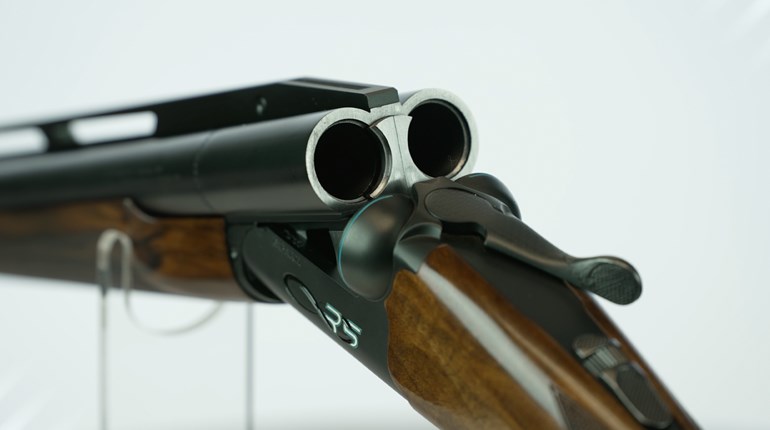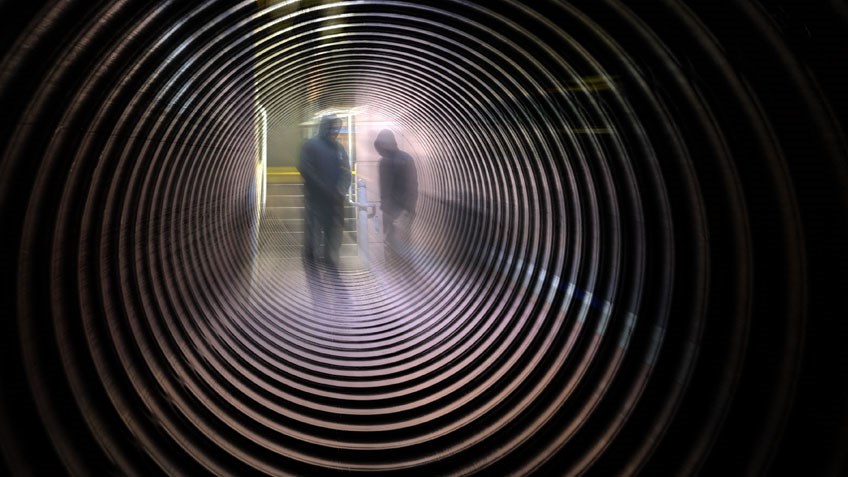
Since most people have never even witnessed a criminal attack or shooting, they often have unrealistic ideas about what exactly might happen. We tell students that a criminal attack is going to be what it is going to be – and probably won’t fit your pre-conceived ideas.
For example, I was recently made aware of a couple who had spent quite a bit of time discussing and planning for ways to deal with a home invasion. And then, one evening, the wife pulled into her driveway after a long day at work. Two men jumped out of a car parked on the street that the wife had not really paid attention to. They pushed her up against her car and demanded her keys. It was a carjacking, not a home invasion. So surprised to be dealing with an attack that she hadn’t even considered, the woman was almost overpowered. As it was, she was able to get her gun out and get a shot off, failing to hit either attacker. As they fled, the husband was in the house wondering who in the neighborhood was popping firecrackers.
The most dangerous (and perhaps most common) attacks are those that occur at very close range. The crooks can be on you before you can even get your gun out – even if you are wearing your gun and have practiced getting it out in a hurry. This is the reason that we continually emphasize being aware of what is going on around you—living life in “condition yellow.”
Too often, even those people who develop defensive plans tend to imagine criminal attacks as a scenario where the good guy always wins and thing work out in the end. It is really a good idea to give serious consideration to worst-case-scenarios, those times when everything goes wrong. Instead of thinking about home invasions where you run the bad guys off, consider dealing with a home invasion where you wake from sleep to find the invaders already in your house and on their way to your kids’ bedrooms. Have you made plans for dealing with that sort of situation?
In addition, people rarely think of the aftermath of a defensive shooting. Here’s a clue – unless you’re a combat veteran, you will be under more physical stress than you have ever experienced in your entire life. Physical stress leads to heart attacks and strokes. You might want to give some serious consideration to getting some exercise and getting in better physical shape because that helps you overcome severe stress.
In kind, people often think that, when the police arrive, they will just tell the officers what happened and the officers will congratulate them and haul the bad guys off. In fact, the officers probably won’t know who the real bad guys are right off the bat. Instead of being congratulated, you may very well be handcuffed. And you might experience something a whole lot worse if you still have your gun in your hand when the police get there. Regardless of your stressful situation, you had better keep your mind in gear.
Instead of turning into a Motor Mouth in front of the officers, it is better not to make statements until you have an attorney present. You might tell them, “That man tried to rob me and I shot him. His gun is lying over there. I will give you a complete statement once my attorney gets with me and helps me calm down and collect my thoughts.”
But I come from a law enforcement background…which means the actual attorney who represents you may not agree with what I have just said. Please consider talking to a local defense attorney – not just any attorney, but a defense attorney – and get his or her advice. After all, this person is the one who will be representing you during your police interview and possibly in court. Don’t make their job more difficult.
Having a personal defense plan is an excellent idea. But don’t make the mistake of imagining scenarios where you always turn out to be the hero and the guy who doesn’t get any bullet holes in him. Study news reports of actual shootings, and consider what your actions should be in worst-case scenarios. Plans are nice – realistic plans are even better.













